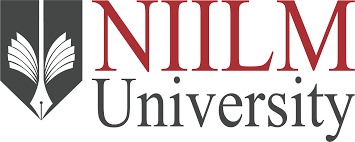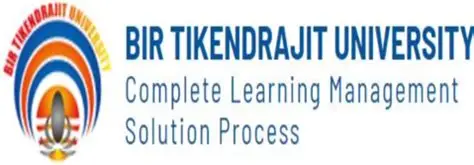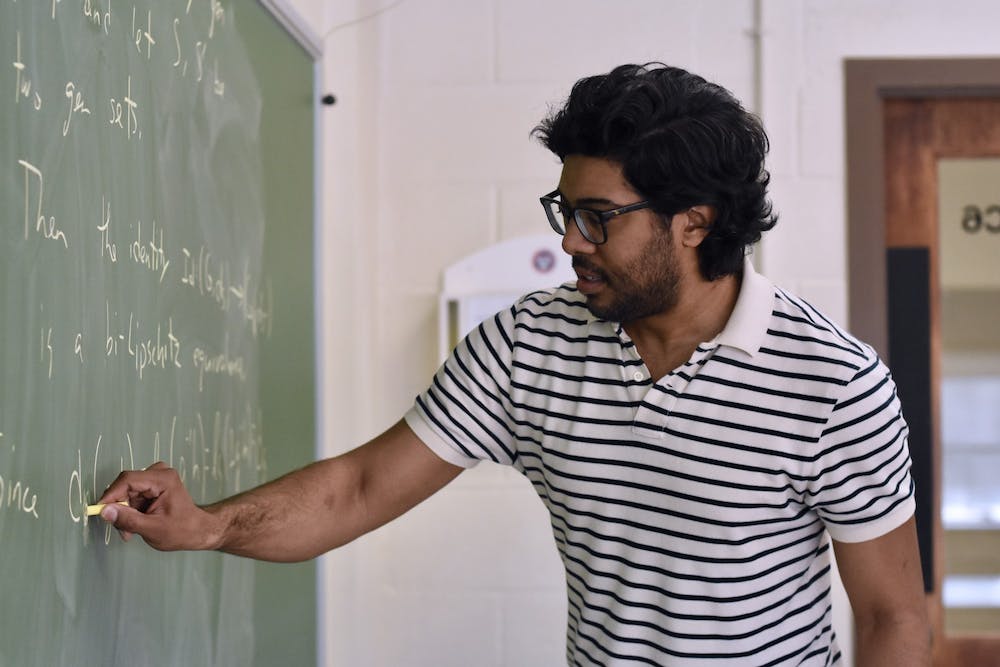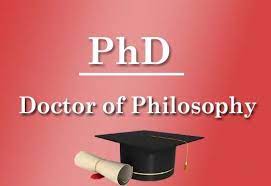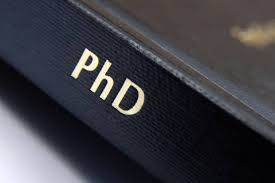PLAGIARISM CHECK
THESIS WRITING
We are a team of professionals who are quite specialized in providing all kinds of support to scholars during the whole process.
The act of plagiarism poses a significant threat to the integrity and credibility of scholarly research.
In the realm of thesis writing, it is customary to include the ideas or work of others into one's own work, while duly acknowledging the original source via appropriate citation. However, it has been observed that plagiarism detection software, such as Turnitin, often identifies these incorporated texts as instances of plagiarism. Is this action in violation of the law? Certainly not! In the context of thesis writing, it is often observed that an acceptable report typically exhibits around 85% originality, with the remaining portion being acceptable since it is essential to include the precise language of academics to substantiate the accuracy or alignment of one's study. One effective method for mitigating the potential for plagiarism is to possess a thorough understanding of proper citation and referencing techniques. In this regard, we are prepared to assume responsibility for executing these tasks on your behalf.
As to the online edition of Encyclopedia Britannica, plagiarism encompasses, among other aspects, the deliberate act of appropriating another individual's written work and presenting it as one's own. Fraudulence has a tight correlation with forgery and piracy, both of which often contravene copyright rules. The aforementioned explanation provides a broad comprehension of plagiarism. However, within the academic realm, plagiarized works are deemed unacceptable. If one's work is submitted via Turnitin and exhibits significant similarities to existing works, it is important to enhance the study and ensure originality.
Plagiarism is associated with severe repercussions.
Scientific research relies on the knowledge and contributions of others, whether they are used as secondary or primary sources. This practice is fundamentally rooted in the principle of fairness. In the present situation, fairness pertains to the ability of the reader to readily discern the distinctiveness of your thesis in relation to the work of others, as shown by appropriate citations, paraphrases, and summaries. Failure to establish obvious boundaries within your thesis would signify a failure to meet the fairness criterion. Engaging in such behavior not only undermines the integrity of academic research, but also exposes one to the potential consequences of having their thesis invalidated, scholarship revoked, or even facing expulsion. The process of composing a research paper presents difficulties in the acquisition of relevant material and the provision of substantiating evidence to enhance the overall strength of the document.
Despite the widespread awareness among researchers on the prohibition of plagiarism, instances of students being caught and having their work invalidated due to plagiarism continue to occur annually. In some cases, plagiarism may be considered a kind of academic dishonesty, such as when a student intentionally seeks to expedite the completion of an assignment. However, there are circumstances when a student may inadvertently engage in plagiarism due to a lack of awareness or understanding. This phenomenon arises when the learner lacks awareness of the specific rules and guidelines governing the process of referring and crediting sources.
Our Blogs
Thesis Module
Thesis Formation
